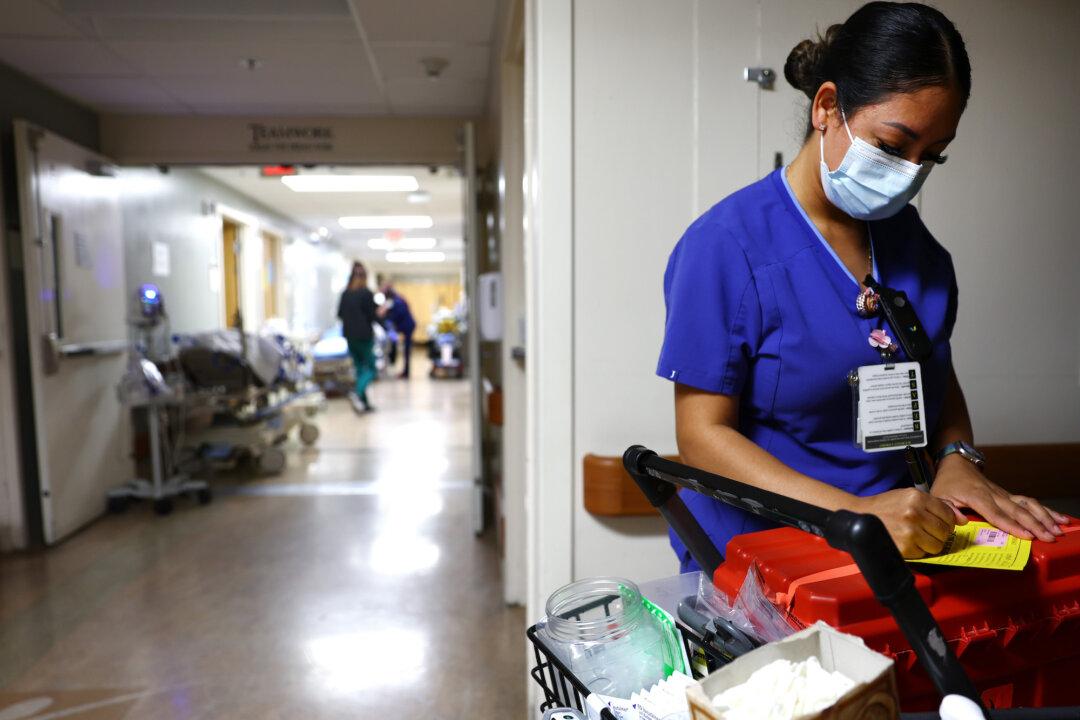Federal health officials have recommended that all adults in the United States get screened for hepatitis B virus (HBV) at least once in their lifetime, saying that most people living with the infection don’t know they’re infected.
Hepatitis B is one of five types of viral hepatitis, or inflammation of the liver. HBV, which is transmitted in blood and other bodily fluids, can spread through sex, sharing contaminated needles and syringes, or from mother to child in the womb.






